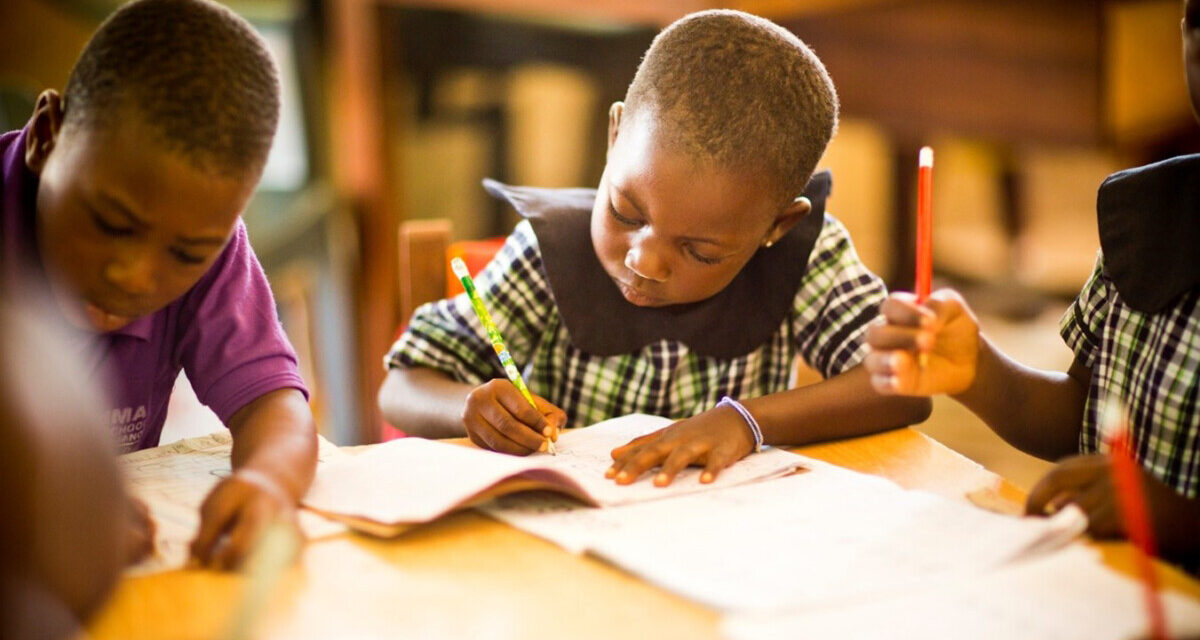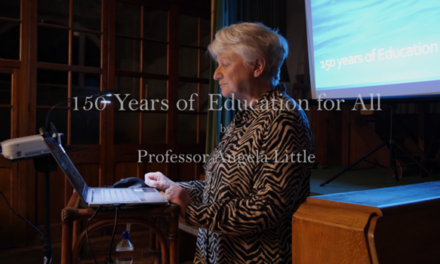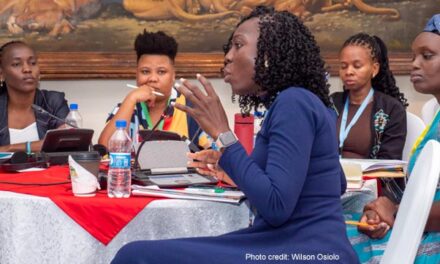This 21 February 2025, we celebrate the 25th anniversary of International Mother Language Day, created to preserve linguistic diversity and promote mother tongues. This milestone emphasises the importance of language preservation in safeguarding cultural heritage, improving education, and fostering more peaceful societies.
Languages are essential to education and sustainable development, serving as the primary means through which knowledge is transferred and cultures are preserved. With approximately 8,324 languages in the world today, many are at risk of disappearing due to globalisation and societal changes.
Ensuring that education systems support the right to learn in one’s mother tongue is crucial for improving learning outcomes, as students who are taught in a language they fully understand show better comprehension, engagement, and critical thinking skills. Multilingual education, particularly for minority and indigenous languages, not only helps learners but also fosters a deeper connection between education and culture, contributing to more inclusive and equitable societies.
Here is a collection of blogs published on UKFIET in relation to the importance of preserving language and learning in one’s own mother tongue:
Addressing the neglected area of language(s) in assessment and evaluation
Beyond the cursory: Creating a space for sustained dialogues on language in education
Why is language critical in education during crises?
Arguing for a language-focused approach to support socio-emotional learning and wellbeing
The impact of the language of instruction on foundational literacy and transitions
Event highlights: Language and its critical role in education and training around the world
The power of communication: How sign language connected a father to his deaf son in Uganda
Films for teachers: Supporting language and literacy (pre-)school pedagogy in India
Language comprehension is important for mathematics learning
Why language of instruction is a policy priority for girls’ education in sub-Saharan Africa
The centrality of language for learning
Where there is no data: what happens when humanitarian education programmes lack language data





